Summary
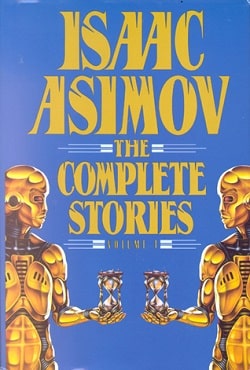
The Complete Stories
by Isaac Asimov
The first volume consists of the stories previously collected in Earth Is Room Enough, Nine Tomorrows, and Nightfall and Other Stories (but not the commentary from Nightfall and Other Stories).
Volume One contains the following 48 short stories:
- The Dead Past
- The Foundation of S. F. Success
- Franchise
- Gimmicks Three
- Kid Stuff
- The Watery Place
- Living Space
- The Message
- Satisfaction Guaranteed
- Hell-Fire
- The Last Trump
- The Fun They Had
- Jokester
- The Immortal Bard
- Someday
- The Author's Ordeal
- Dreaming Is a Private Thing
- Profession
- The Feeling of Power
- The Dying Night
- I'm in Marsport Without Hilda
- The Gentle Vultures
- All the Troubles of the World
- Spell My Name with an S
- The Last Question
- The Ugly Little Boy
- Nightfall
- Green Patches
- Hostess
- Breeds There a Man…?
- C-Chute
- In a Good Cause—
- What If—
- Sally
- Flies
- Nobody Here But—
- It's Such a Beautiful Day
- Strikebreaker
- Insert Knob A in Hole B
- The Up-to-Date Sorcerer
- Unto the Fourth Generation
- What Is This Thing Called Love?
- The Machine That Won the War
- My Son, the Physicist
- Eyes Do More Than See
- Segregationist
- I Just Make Them Up, See!
- Rejection Slips.
.
Read
The Complete Stories on http://kissnovel.net
Martial Peak Reviews
Isaac Asimov's The Complete Stories, Volume One is a treasure trove for both seasoned fans and newcomers to the realm of science fiction. This collection, which brings together 48 of Asimov's short stories from earlier compilations such as Earth Is Room Enough, Nine Tomorrows, and Nightfall and Other Stories, showcases the breadth of his imagination and the depth of his insights into human nature and society.
Asimov's stories are often characterized by their exploration of complex themes such as the relationship between humanity and technology, the nature of consciousness, and the ethical dilemmas posed by scientific advancements. In The Dead Past, for instance, Asimov delves into the implications of time travel and the desire to revisit the past, raising questions about memory, loss, and the human condition. Similarly, Nightfall, perhaps one of his most famous works, examines the psychological effects of darkness and the cyclical nature of civilization, presenting a haunting vision of humanity's vulnerability in the face of cosmic forces.
Character development in Asimov's stories is often subtle yet profound. His protagonists are typically ordinary individuals thrust into extraordinary circumstances, allowing readers to relate to their struggles and triumphs. In The Fun They Had, for example, two children discover a long-forgotten book and reflect on the differences between their educational experiences and those of the past. This story not only highlights the impact of technology on learning but also evokes a sense of nostalgia for simpler times, showcasing Asimov's ability to weave personal narratives into broader societal critiques.
Another notable aspect of Asimov's storytelling is his knack for humor and irony. In Franchise, he presents a satirical take on democracy and the electoral process, where a single individual is chosen to represent the will of the people through a complex algorithm. This story serves as a commentary on the absurdities of modern governance and the often arbitrary nature of political decision-making. Asimov's wit shines through, making readers ponder the implications of his narratives while simultaneously enjoying the cleverness of his prose.
The collection also features stories that explore the darker sides of human nature. In All the Troubles of the World, Asimov introduces a supercomputer that can predict and solve all human problems, only to reveal the inherent flaws in relying on technology to address moral and ethical dilemmas. This story resonates with contemporary concerns about artificial intelligence and the potential consequences of ceding control to machines, making it particularly relevant in today's world.
Asimov's ability to blend science fiction with philosophical inquiry sets him apart from many of his contemporaries. While authors like Philip K. Dick and Arthur C. Clarke also grapple with similar themes, Asimov's approach is often more grounded in rationality and logic. His stories invite readers to engage with complex ideas without sacrificing narrative coherence, making them accessible to a wide audience. For instance, in The Last Question, Asimov poses a profound question about the fate of humanity and the universe, ultimately leaving readers with a sense of wonder and contemplation that lingers long after the final page.
Moreover, Asimov's writing style is characterized by clarity and precision, allowing readers to immerse themselves in his imaginative worlds without becoming bogged down by overly complex language or convoluted plots. This accessibility is one of the reasons why his works have endured over the decades, appealing to both casual readers and serious scholars of science fiction.
In terms of overall impact, The Complete Stories, Volume One serves as a testament to Asimov's legacy as one of the most influential science fiction writers of the 20th century. His ability to foresee technological advancements and their implications for society has earned him a place in the pantheon of great speculative fiction authors. As readers navigate through the pages of this collection, they are not only entertained but also prompted to reflect on their own relationship with technology, ethics, and the future.
In conclusion, Isaac Asimov's The Complete Stories, Volume One is an essential read for anyone interested in science fiction and the philosophical questions it raises. With its rich tapestry of themes, relatable characters, and thought-provoking narratives, this collection stands as a powerful reminder of the genre's potential to illuminate the human experience. Asimov's stories continue to resonate, encouraging readers to ponder the complexities of existence and the ever-evolving relationship between humanity and the cosmos.






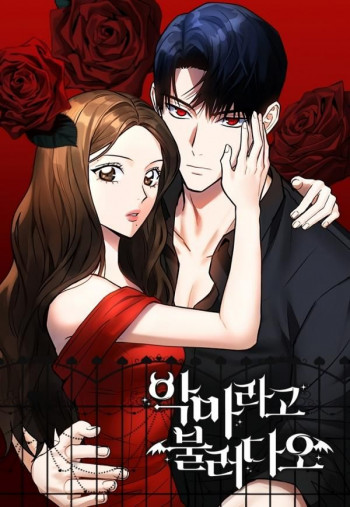

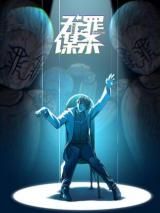


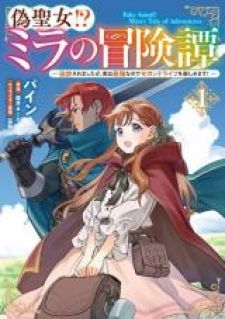

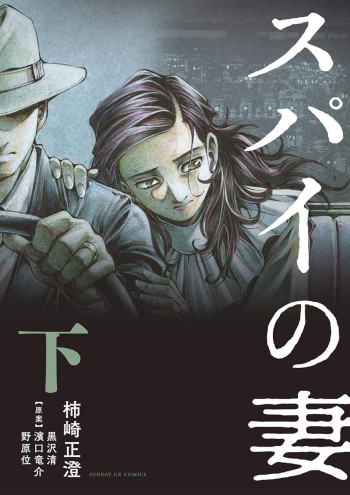










Reviews 0
Post a Reviews: